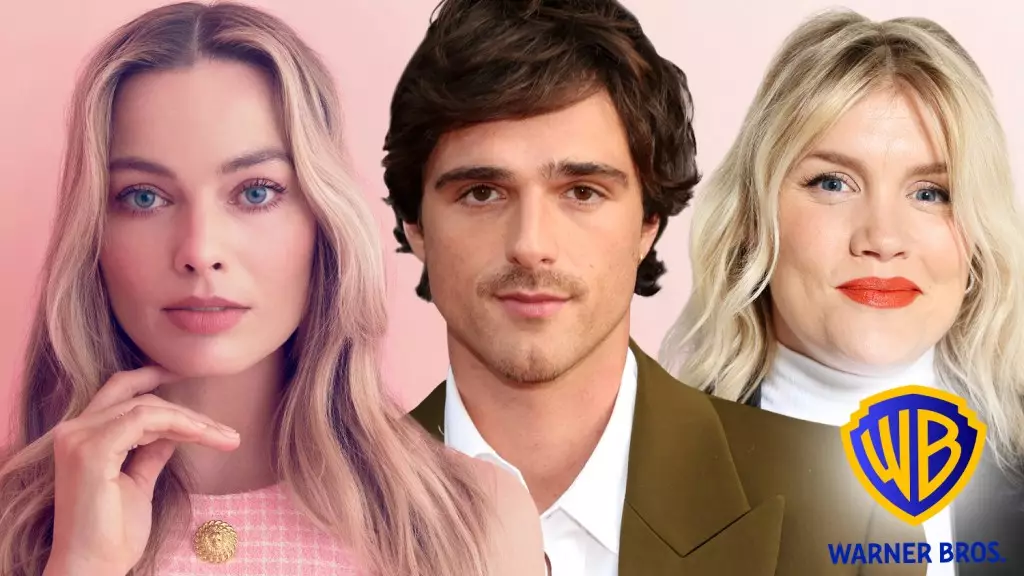The release of Emerald Fennell’s adaptation of the timeless classic *Wuthering Heights* is generating considerable excitement, especially with a scheduled premiere on February 13, 2026. Warner Bros. Motion Pictures Group and MRC are bringing to life Emily Brontë’s seminal 1847 novel, a narrative that has captivated readers for generations. This adaptation promises to satisfy female audiences, a demographic that has been increasingly targeted by filmmakers in recent years.
Scheduled to hit theaters alongside Universal’s *Reminders of Him*, this release could signify a burgeoning trend where studios aim for strong female-driven narratives, solidifying their commitment to diverse storytelling. With Margot Robbie taking on the role of the fierce and complex Catherine Earnshaw and Jacob Elordi portraying the enigmatic Heathcliff, the casting alone has established significant buzz. The presence of supporting actors like Hong Chau, Alison Oliver, and Shazad Latif further enhances the film’s potential to resonate with its audience.
A Fierce Battle for Copyright
The acquisition of *Wuthering Heights* illustrates the competitive nature of today’s film industry. In a dramatic bidding war that saw Warner Bros. overpower Netflix and Amazon, the studio secured the adaptation for a hefty $75 million. While Netflix’s bid reached a staggering $150 million, it is telling that Fennell and Robbie were more inclined toward a theatrical release with robust marketing spending, rather than a direct-to-streaming approach. This decision reflects a shift in viewing preferences, as many filmmakers now advocate for the cinematic experience, hoping for the kind of box-office impact that can establish lasting legacies and substantial returns.
The financial structure established by Warner Bros. also emphasizes the increasing importance of earnings tied to box office success. It showcases an evolving industry landscape where top talent is not only compensated for their upfront costs but can also benefit from the film’s performance—a reflection of how creative incentives are reshaping artist-studio dynamics.
Anticipated Themes and Direction
As details about the plot remain closely guarded, one can speculate that Fennell’s treatment will explore the underlying themes of love, vengeance, and social class, inherent within Brontë’s original text. Fennell, an accomplished filmmaker known for her distinctive storytelling and nuanced character exploration, is likely to bring a fresh perspective to the tumultuous relationships depicted in the novel. The story revolves around the Earnshaws and Lintons, but at its core, it is a tragic exploration of Heathcliff’s turbulent existence, raising questions about identity and the consequences of unbridled passion.
This production marks a pivotal moment for both Fennell and Robbie. As they step into the world of a cherished literary classic, they carry with them the expectations of not only revitalizing a beloved story but also engaging with current philosophical dilemmas that resonate with contemporary audiences. As preparations begin for the UK shoot early next year, anticipation will grow for a film that aims to balance artistic integrity with mass appeal, set against the backdrop of one of literature’s most hauntingly beautiful narratives.
*Wuthering Heights* promises to be a significant cultural event in 2026, signaling both a triumph for the filmmakers and a renewed interest in classic literature’s potential for cinematic resurgence. The industry will be watching closely as this adaptation unfolds, eager to see if it will reach the lofty emotional and artistic heights of its literary predecessor.

